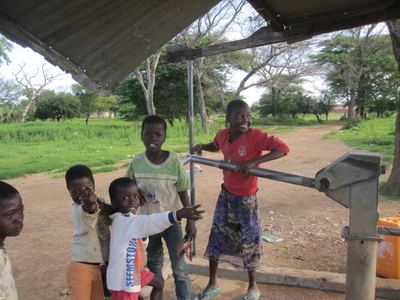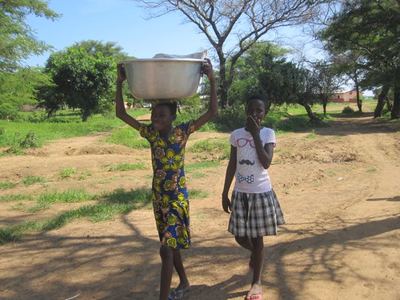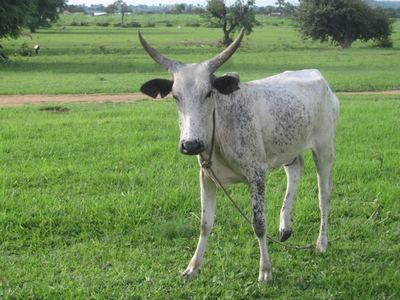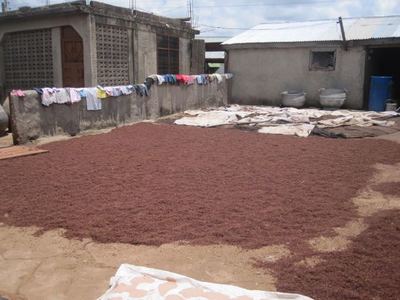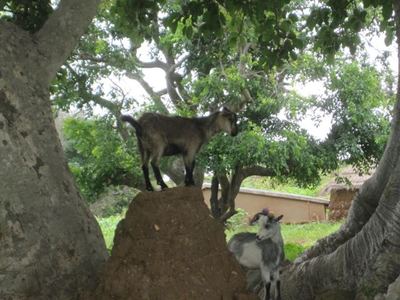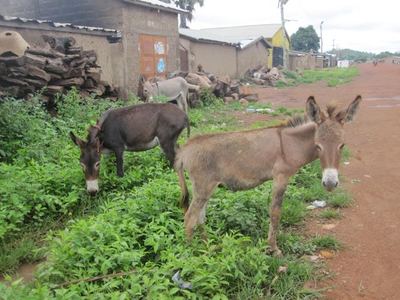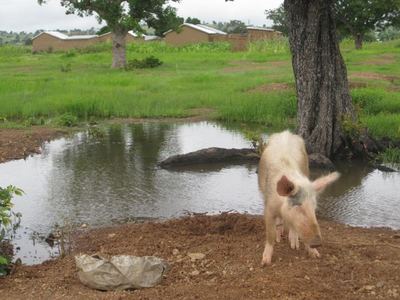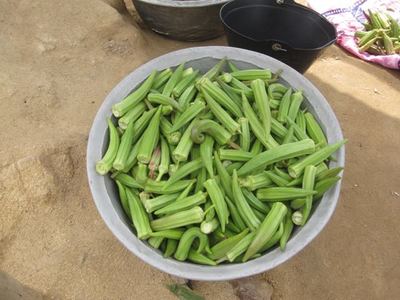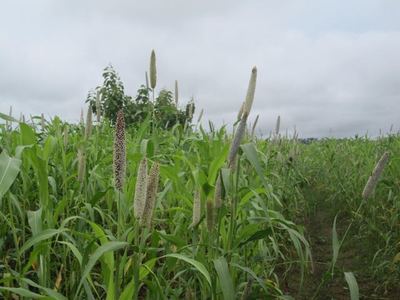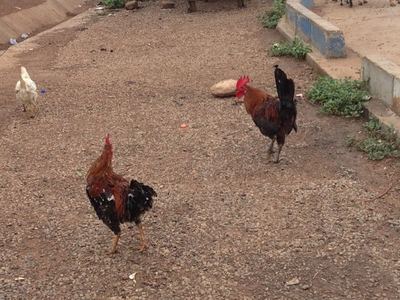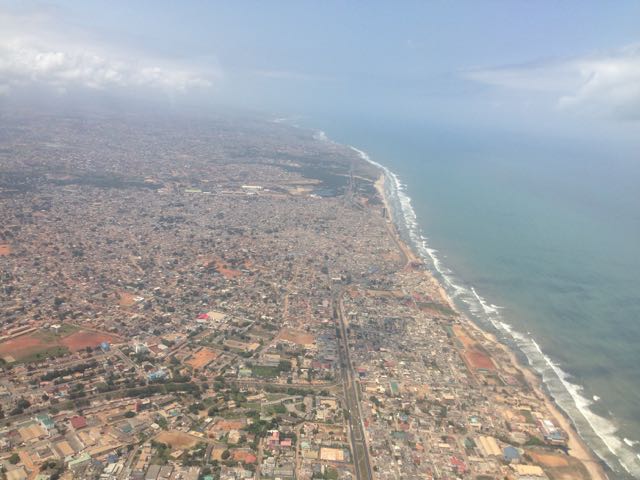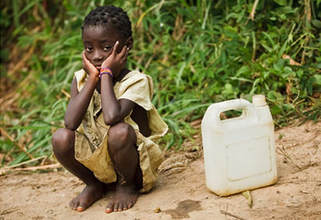
Fresh water is a major focus of daily life in the village. Access to clean drinking water is directly related to reduction in poverty. World-wide over 2 billion people are affected by water scarcity. In 2010 the United Nations recognized a human right to drinking water. This is an important step because there is often a conflict between human need versus commercial or agricultural water consumption.
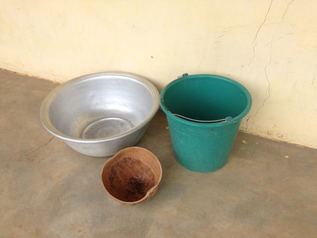 This represents my daily water allotment.
This represents my daily water allotment. It is also important to remember that clean water is a finite resource on our planet, and a resource that is particularly threatened by climate change. We don't think about it much in Ithaca, but when you live in an area with no precipitation for 9 - 10 months of the year, it is always in your mind.
